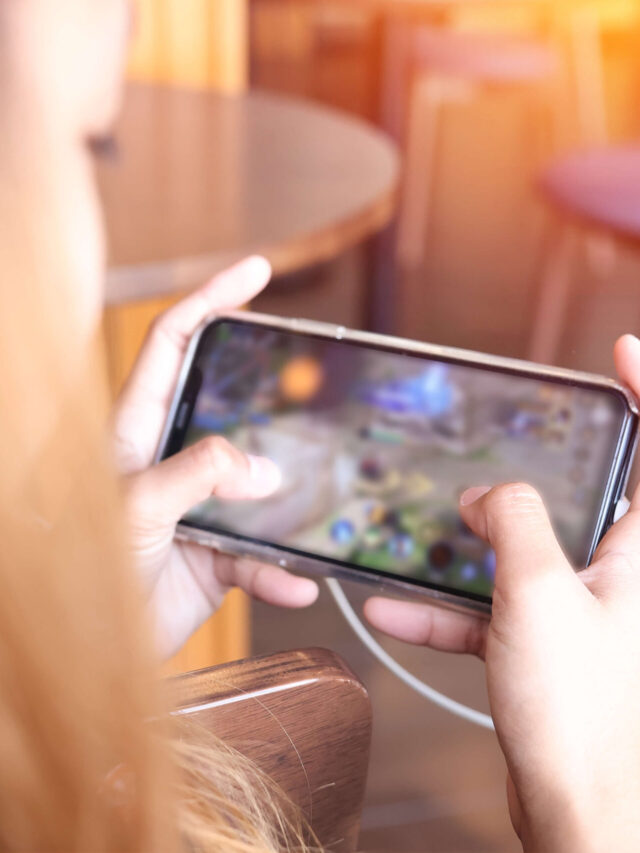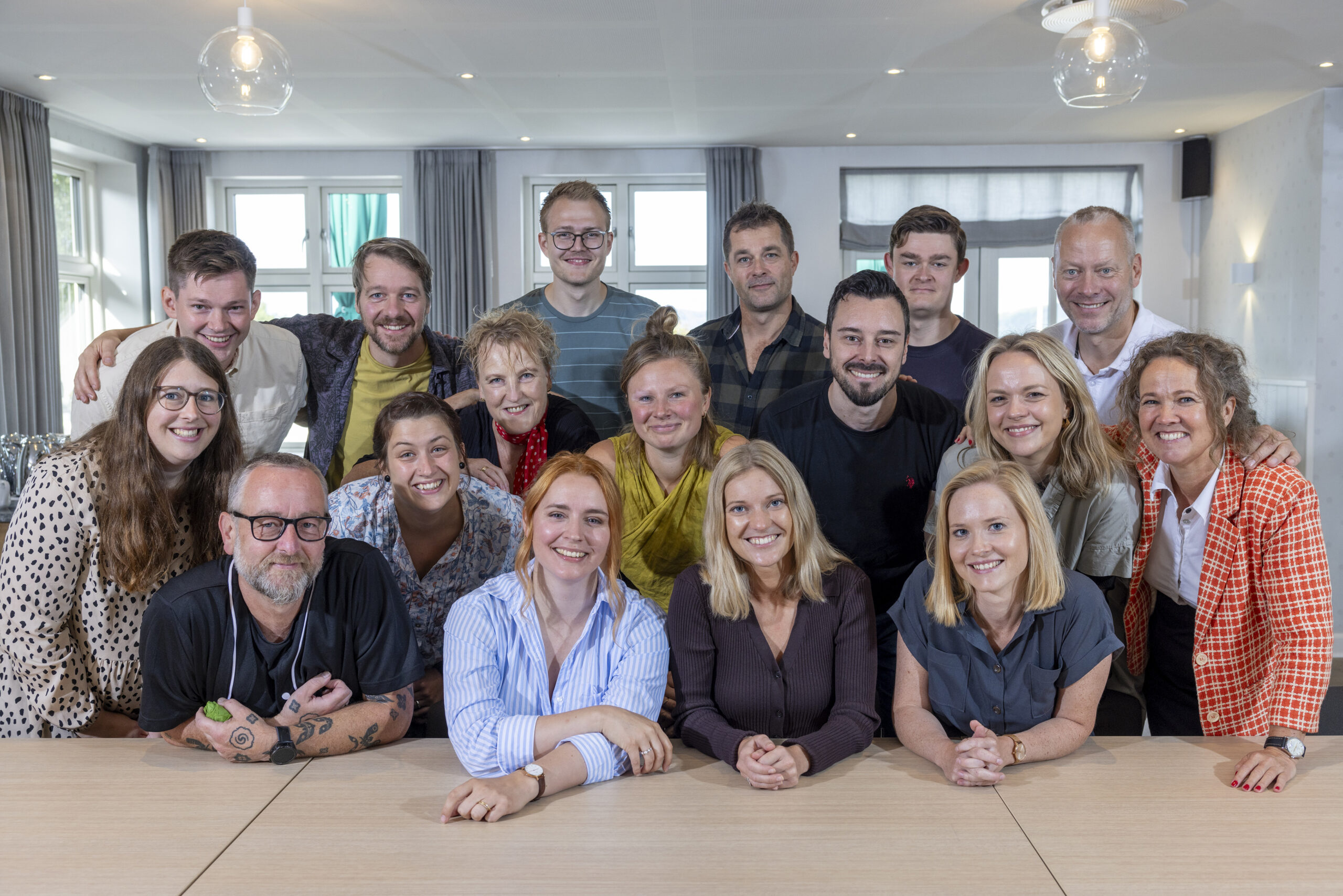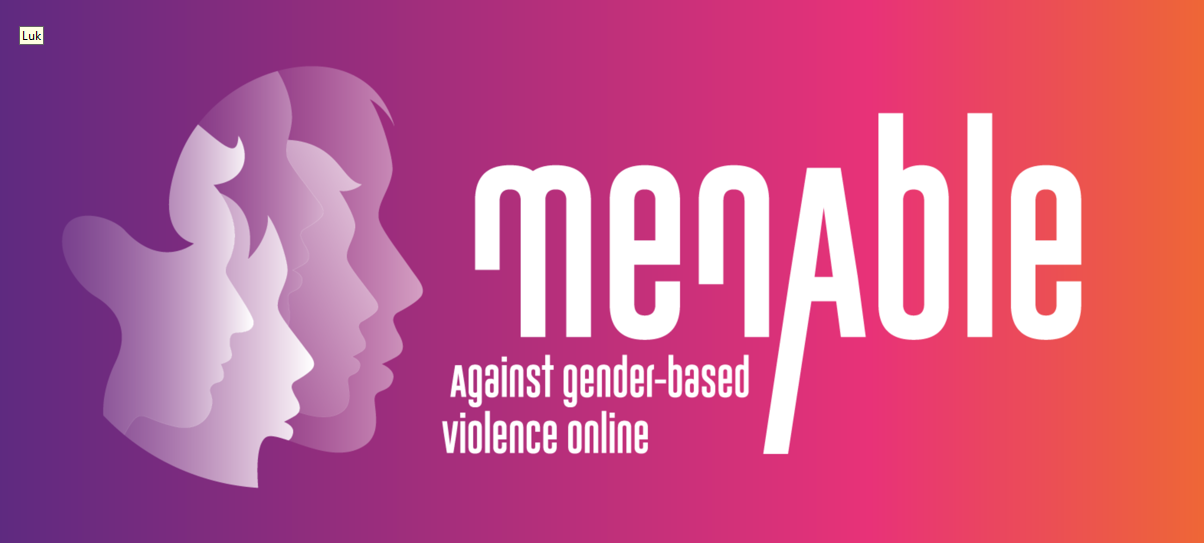New children’s Think Tank to ensure safe online behaviour
Anni Marquard, Head of centre, CfDP
Adults worry about children’s online lives
Today, most children use our many options for communicating, and sharing pictures and movies online. Life online does not quite follow the same rules as is present in the physical world. Privacy and consent receive very significant meanings which children are not familiar with.
Also, adults worry about the digital lives of their children. They feel unapt to stay updated, and in many cases they do not know how to handle problems that arise when a child, for example, experience having an intimate picture shared. Both children and adults need help. Therefore, Save the Children Denmark and Telia are setting up a Children’s/Youth Think Tank to ensure safe online behaviour.
– We need to involve the children. We must enter into dialogue, listen and understand their needs and concerns. What do they perceive as challenges? Children themselves must provide good advice and recommendations regarding how adults can better protect their children and guide them through the roads and detours of the internet, says Jonas Keiding Lindholm, general secretary of Save the Children Denmark.
Children and adults must take a stance
The Think Tank will consist of 10 children and young people between the ages of 12-18, socio-economically, geographically, and ethnically diversified. The Think Tank is run by Save the Children Denmark in collaboration with The Media Council for Children and Young People, Centre for Digital Youth Care, and ENIGMA. The Think Tanks is sponsored by Telia who view their role of working with children’s digital behaviour as very important.
– At Telia, we would like to contribute to a safer digital life for children and young people. Typically, children get their first cell phone when they are 8-9 years old. Having a cell phone entails a brand new world which children and their parents should consider and talk about. Therefore, we are really pleased to be able to support a project that gives children a voice concerning the debate on digital well-being, and which helps children and parents alike to lead a safer life online, says Mette Honoré, Head of communications with Telia.
At last year’s People’s Political Festival, Søren Pind, Minister of justice, Jonas Keiding Lindholm, general secretary of Save the Children Denmark, and Jane Sandberg, director of ENIGMA, participated in Telia’s discussion dealing with children’s digital lives. The initial goal involves that the Think Tank presents and entrusts their recommendations on children’s life online to relevant ministers at next year’s People’s Political Festival.
Background
Purpose of the Think Tank:
• Devising notes of recommendations to politicians, parents, professionals, children and young people • Providing recommendations for adults so that they may positively contribute to the online behaviour of children and young people • Creating a debate on the online behaviour of children and young people so that they may become more aware of their own online behaviour • Developing activities contributing to safer online behaviour among children and young people, through the school service of ENIGMA • Identifying any deficiencies in Denmark’s present relevant legislation • Providing practical suggestions of how schools may treat the subjectFacts
In Denmark, a lot of children already begin their active online lives from the ages of 8-9. In order to ensure that children below the ages of 12 also receive a voice in the debate, the Children’s/Youth Think Tank will interview and include younger children.
The Think Tank corps will be trained to communicate their messages on various levels, and they will be supported to receive input for the discussions among other children and young people, and experts from Save the Children Denmark.
The Think Tank will continually have different people of resources associated who are able to provide input on which subjects and themes the Think Tank would like to put on the agenda.
The Think Tanks is run by Save the Children Denmark in collaboration with The Media Council for Children and Young People, Centre for Digital Youth Care, and ENIGMA – Museum of Communication.
]]>


Hvis du vil sætte et par ord på din feedback, vil det hjælpe os rigtig meget til at forbedre vores indhold.